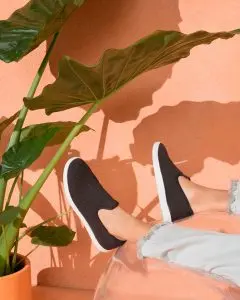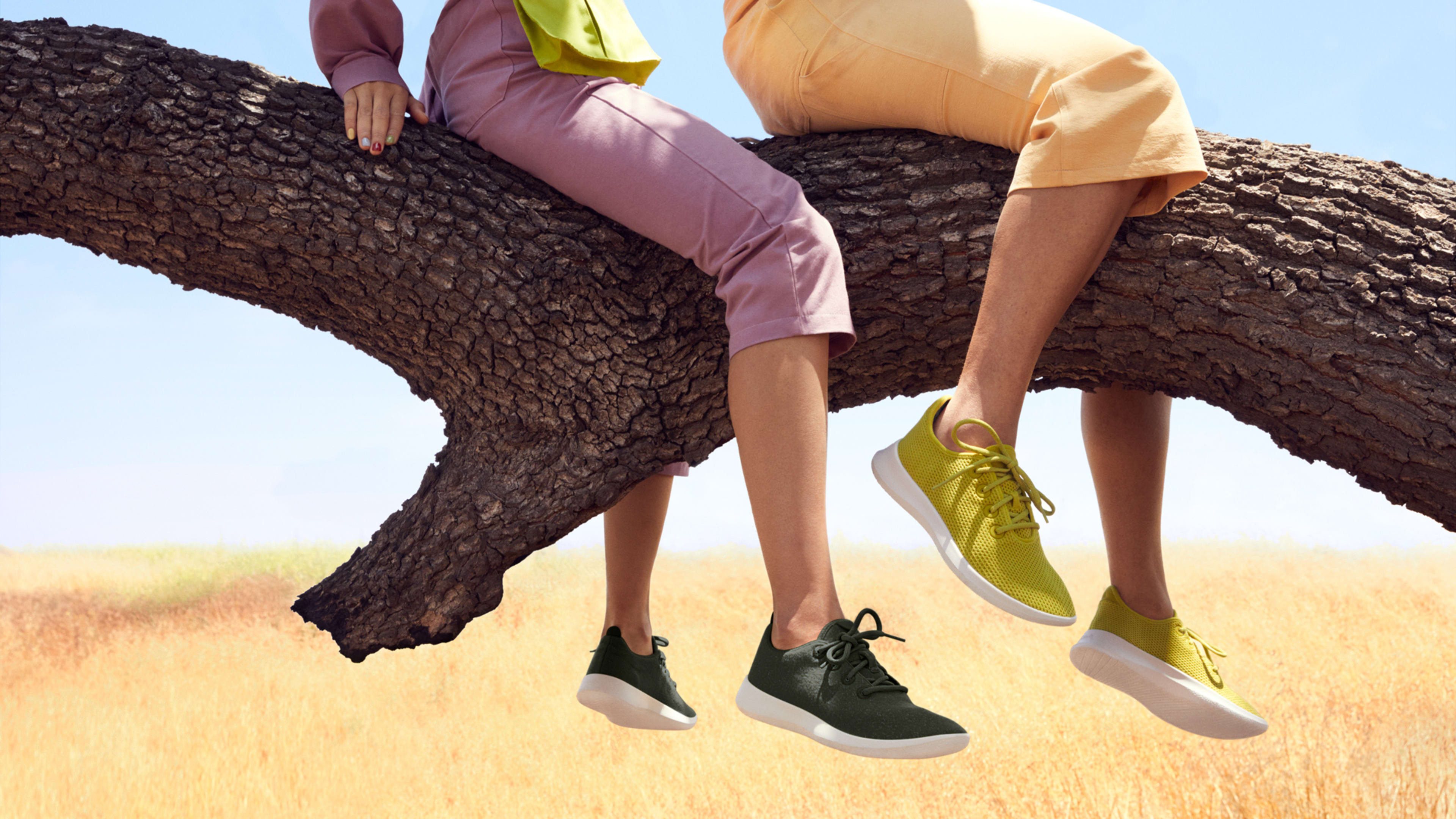The last four years have been a whirlwind for Joey Zwillinger and Tim Brown, the founders of Allbirds. The brand first popped up in March 2016 with a funny-looking sneaker made from sustainably sourced wool, a material that hadn’t been commonly used in footwear before. And remarkably, the shoes were an overnight hit, allowing the Zwillinger and Brown to roll out other designs made from equally unusual materials, like eucalyptus tree fibers (otherwise known as Tencel) and sugarcane-derived soles. Today, the brand has a global presence, selling shoes in London, Germany, China, and soon, Japan. It’s got a dozen stores in these locations and plans to add another 20 to the mix.

“This is a big problem we’re trying to tackle,” says Zwillinger. “We can’t accomplish environmental stewardship and leadership in a quarter, or even a couple of years. Our time horizon is in the decades, and it was important that we find investors who would understand this.”
As I reported last year, Allbirds is already carbon-neutral. It has rigorously assessed its own carbon footprint across its entire operations, from the raw materials used in the shoes to the carbon employees emit on their commute to work. In other words, Allbirds has imposed a carbon tax on itself, similar to how some governments—including Denmark and Finland—have levied carbon taxes on companies. By treating this cost as a line expense on its balance sheet, it is in Allbirds’ interest to keep its own emissions low, since every unit of carbon emitted is a business expense.
Next steps
This new flood of new cash will go, in part, toward developing systems to reduce its carbon emissions. Allbirds is now investing in regenerative agriculture, an approach to farming that seeks to increase biodiversity and, importantly, capture carbon in soil and plants to take it out of the atmosphere. The Rodale Institute, which helped pioneer this approach to farming, released a white paper in 2014 that estimated that the world could sequester more than 100% of current annual carbon emissions through these practices.
As Allbirds invests in regenerative agriculture, particularly in the areas where it sources its own raw materials—like eucalyptus and wool—it will be able to reduce the carbon footprint of every shoe it produces. This means the company will offset less carbon because it will emit less. “This is outside the realm of normal business operations for us,” says Zwillinger. “These investments will reduce our profitability in the near term, but will pay off for our company in the longer term.”
From the start, Allbirds’ founders have seen their company not just as a shoe brand but also as a material science company. They’re continuing to invest in and develop new materials that are more sustainable than the traditional materials used in shoe industries.
In 2018, I wrote about how Allbirds had worked with a manufacturing partner in Brazil called Braskem to develop a foam for the soles of shoes made from sugarcane—a renewable resource that removes carbon from the atmospheres—instead of petroleum. Allbirds open-sourced the recipe for this foam and has so far introduced more than 100 shoe brands to Braskem, and at least 20 will be releasing shoes in 2020 with this sugar-based foam. It plans to use part of its new cash to invest in similar material innovations.
“We have a hundred years of research on petroleum,” Zwillinger says. “If the same amount of time and money was invested into renewable materials and energy, we wouldn’t be where we are right now.”
Ultimately, Allbirds’ founders says it will take a large-scale effort from many parties, including governments and universities. But the private sector can play a valuable role in moving the needle, particularly since companies tend to be able to implement solutions faster than these other institutions. “We’re feeling the urgency of the problem,” Brown says. “It’s one thing to make pledges for 2040 and another to attack the problem where we can, right now. That’s what we’re trying to do.”
Recognize your brand’s excellence by applying to this year’s Brands That Matter Awards before the early-rate deadline, May 3.
